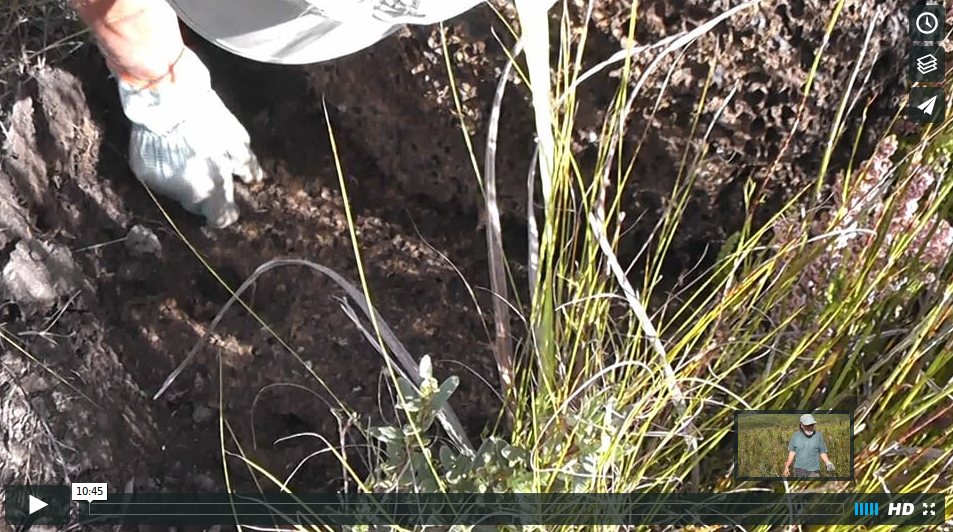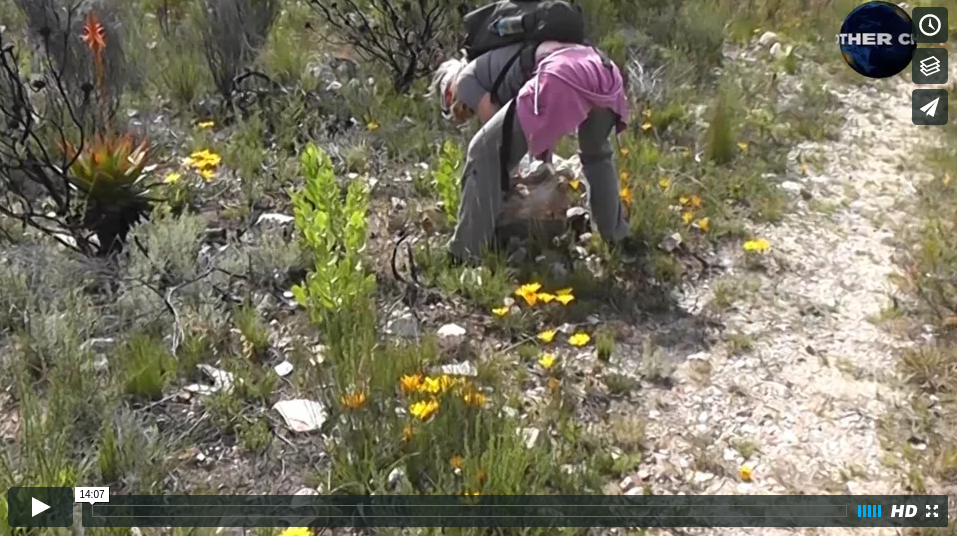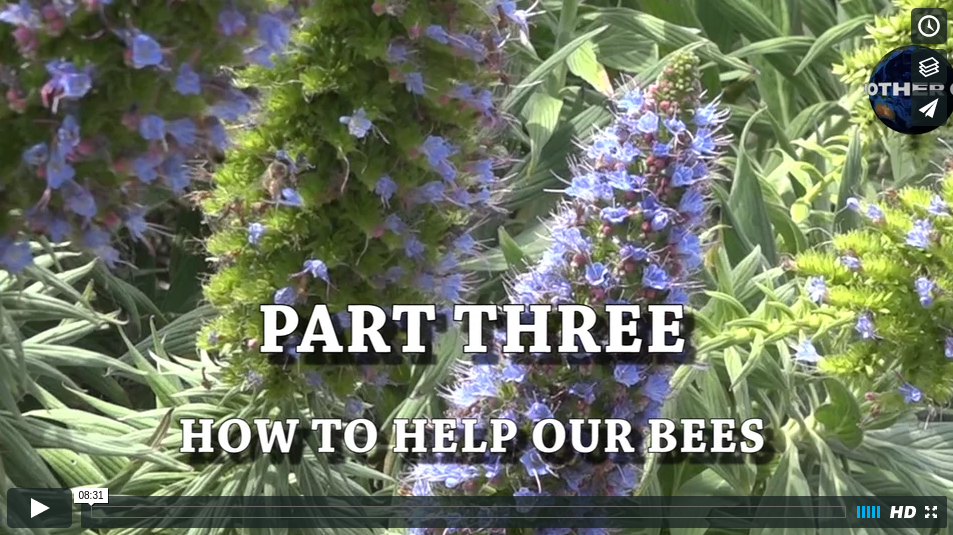- Live Stream
- Climate Change
- ENN
- Environmental Info
- Green Business
- Green Solutions
- Beautiful World
- Categories
- Articles
- Arctic & Glaciers
- Polar Regions and Glacier Reports
- Ethical Dimensions
- Global Warming
- Peatlands & Wetlands
- ENN – The Environmental News Network
- Agriculture
- Chemicals
- Conservation
- Fish Crime
- Forests
- Health
- Mountains
- Oceans
- Energy
- Money
- Green or Gone
- Nutrition
- Permaculture
- Various Solutions
- Powerful
- Watch This
- Water
- Breaking News
- Series ENN
South African Wild Bees Part Two – Disease and Health in the Wild
In our first interview with bee researcher, Ms Jenny Cullinan, (co-founder of UJUBEE), we covered the research of South African wild bees for the last 3 years, mainly at Cape Point Nature Reserve, bee conservation and collaborative work with related international institutions. In Part Two we look at disease in bees, artificial insemination versus natural […]
CLOSE







